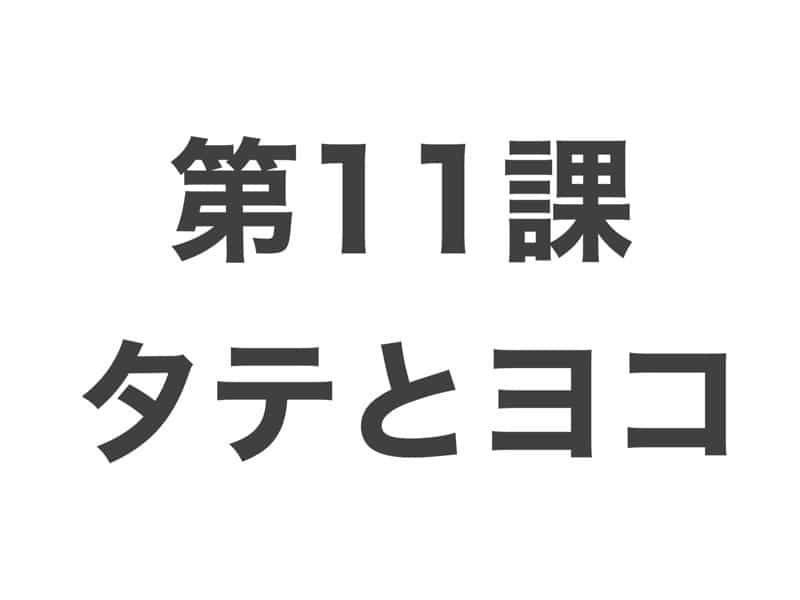新しい言葉
| 厳しい | Strict |
| 取り立てる | To collect or enforce |
| 上下 | Hierarchy |
| 影をひそめる | To disappear, to become less visible |
| 平等な | Equal |
| ざるを得ない | Have no choice but to |
| 身分 | Social status, position |
| 気安い | Friendly, easy-going |
| 口を効く | To speak, to talk (informally) |
| さえ | Even, as much as |
| 場 | Place, setting |
| 反発を買う | To cause resentment |
| 扱う | To handle, to deal with |
| タテ | Vertical, hierarchy |
| 制度 | System |
| 廃止する | To abolish |
| 反映する | To reflect |
| ふさわしい | Suitable, appropriate |
| 自然な | Natural |
| つながる | To connect |
| 確認する | To confirm |
| 無責任な | Irresponsible |
| 息がつまる | To feel stifled, to feel breathless |
| 上司 | Boss, superior |
| 〜にしろ〜にしろ | Whether A or B |
| 上に立つ | To be in a higher position |
| 明確な | Clear |
| 役割 | Role |
| 存在する | To exist |
| 部下 | Subordinate |
| 一人前 | Fully qualified, Full-fledged |
| 育てる | To raise, to train |
| 上で | てから, After |
| 受け入れる | To accept |
| 結果 | Result |
| お互い | Each other |
| 築く | To build, to establish |
| 交わす | To exchange |
| 歓迎する | To welcome |
| 気楽な | Relaxed, easygoing |
| 生み出す | To produce, to create |
| 失う | To lose |
| 〜つつある | To be in the process of |
| 真剣な | Serious |
いっしょに考えましょう
- Who do you talk to when you’re in trouble?
- Have your parents ever scolded you? If so, when was it?
- Have you ever had an argument with a friend? If so, when did it happen?
読みましょう
The parent-child relationship has become more like that of friends, and students speak to their teachers as if they are peers. Both parents and teachers refrain from saying harsh things because they value relationships. Issues like young employees not using respectful language at work are no longer emphasized. We are now in an era where the long-standing hierarchical relationships have faded into the background, and the focus is on free and equal horizontal connections.
In a society with strict hierarchical relationships, individuals had no choice but to maintain those relationships, and if their social status was different, they could not even speak casually. Ignoring the hierarchy in everyday situations would lead to backlash from others, and they would not be treated as peers. Even after the abolition of the class system, vertical relationships remained prominent in family, school, and workplace dynamics, leading to Japan being referred to as a vertical society.
It is natural for the nature of human relationships to manifest in a form suitable for the times. However, in a horizontal society that values free and equal relationships, connections often consist of just making phone calls or sending emails to confirm, “I am not alone; I am connected to someone.” This can lead to relationships that lack responsibility. Indeed, the vertical relationships were stifling and strict. However, whether it was supervisors or parents, those in higher positions had clear responsibilities and roles. Raising children and subordinates to become independent was part of that role, and children and subordinates accepted the vertical relationships with this understanding. As a result, relationships built on mutual trust were fostered.
In a horizontal society, relationships that require strict interactions are not welcomed. However, casual relationships without responsibility or roles do not lead to trustworthy connections. While we cannot say that vertical relationships have completely disappeared, it is now essential to seriously consider what is being lost due to the increasing importance placed on horizontal connections.
答えましょう
- What is the current relationship between parents and children, as well as between teachers and students?
- What does the author say about the current era?
- What was society like with strict hierarchical relationships?
- What happens if one ignores the hierarchical relationships?
- What is a “horizontal society”?
- What were the responsibilities and roles of superiors and parents in a hierarchical relationship?
- What is not welcomed in a horizontal society?
- What does the author say is necessary now?
使いましょう
まとめましょう
- What does the author say about the relationships in a vertical society?
- How about horizontal society?
- What do you think is being lost in a horizontal society?
話しましょう
- What kind of person is your best friend? Why did you become friends with that person? What kind of conversations do you have with that person?
- Do you prefer being with other people? Do you prefer being alone? If so, why?







コメント